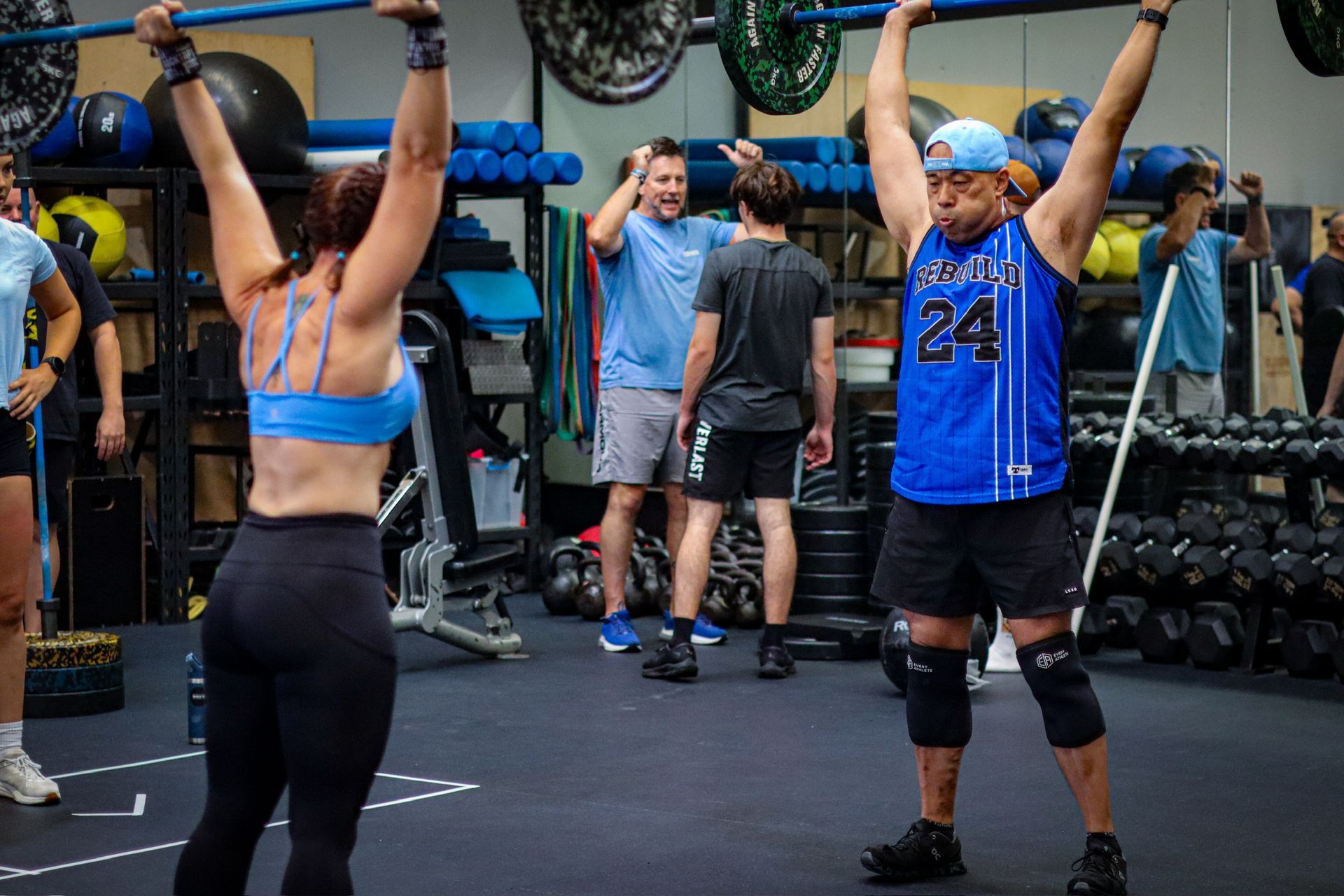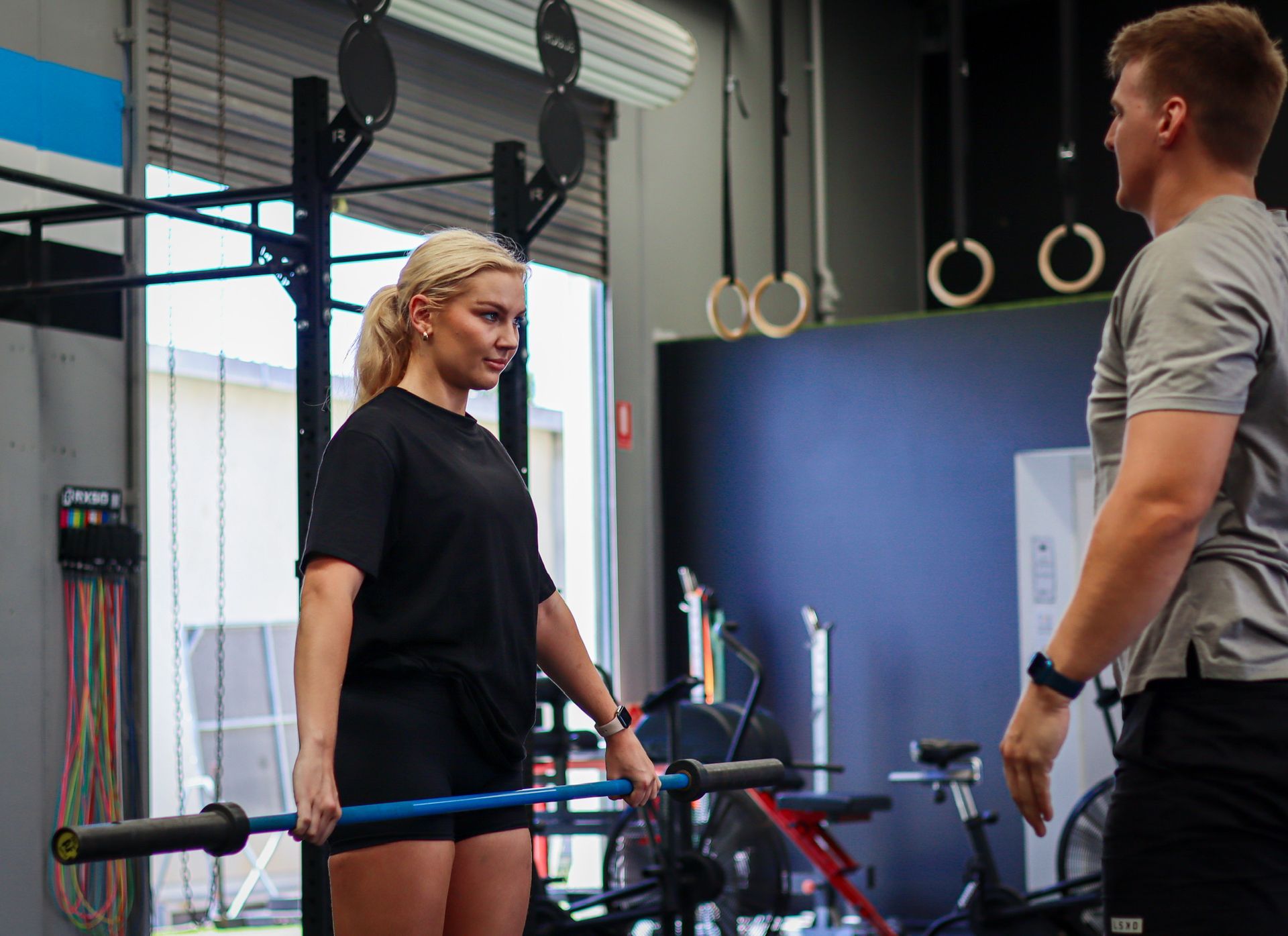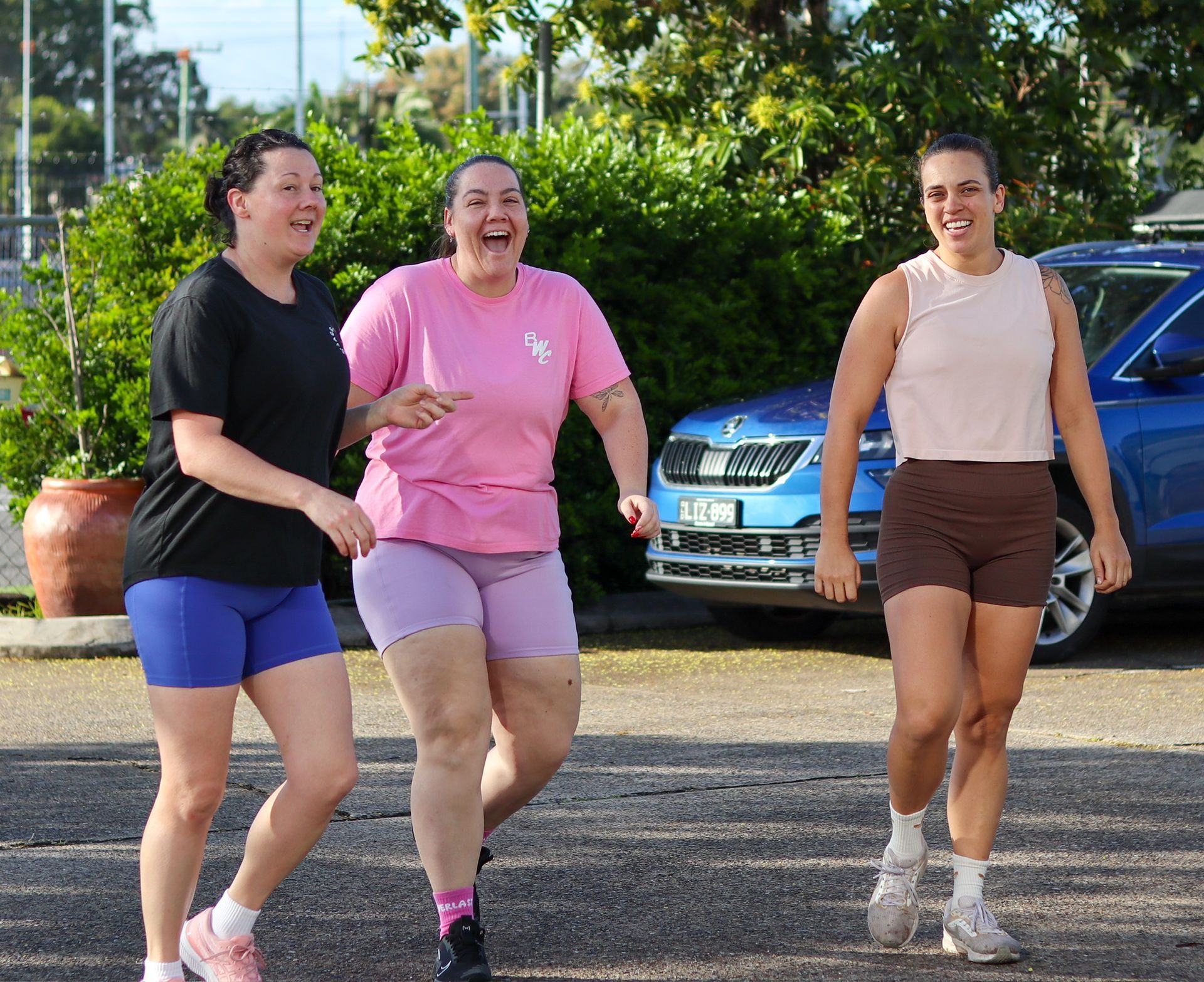How To Find Balance In Your Week
Balance in health and wellness refers to the harmonious integration of various aspects of life—physical, mental, and emotional well-being—to achieve a sustainable, fulfilling lifestyle.
It’s about creating a routine where
physical activity,
nutrition,
rest, and
mental health are
equally prioritized.
Achieving balance requires a
holistic approach, recognizing that
health is multifaceted and that each aspect influences the others.
What Does True Balance Look Like?
Physical Fitness
Balance in fitness means:
- Incorporating a variety of exercises: strength, endurance, flexibility, and cardiovascular training.
- Knowing when to push your limits and when to rest and recover to avoid burnout and injury.
Nutrition
Nutritional balance involves:
- Consuming a mix of macronutrients—proteins, fats, and carbohydrates—plus essential vitamins and minerals.
- Fueling your body for energy, performance, and recovery.
Mental and Emotional Health
Balance also means:
- Managing stress through relaxation and mindfulness practices.
- Fostering positive relationships and making time for hobbies, joy, and emotional well-being.
Finding Balance in Your Week: A Guide to Wellness
In today’s fast-paced world, finding balance across your week can be challenging but is essential for long-term wellness.
Here’s a practical guide to help you create a balanced and fulfilling weekly routine:
1. Plan Your Week
- Use a planner or digital calendar to schedule workouts, meals, relaxation, and social time.
- Prioritize tasks and set realistic goals to avoid feeling overwhelmed.
2. Incorporate Physical Activity
- Aim for at least 30 minutes of moderate exercise most days.
- Include a mix of:
- Cardio (running, cycling)
- Strength training (weightlifting, bodyweight exercises)
- Flexibility work (yoga, stretching)
- Keep it fun: Try different activities to stay engaged!
3. Prioritise Nutrition
- Plan your meals in advance.
- Focus on whole foods:
- Fruits and vegetables
- Lean proteins
- Whole grains
- Healthy fats
- Consider meal prepping to save time and reduce weekday stress.
4. Make Time for Rest and Recovery
- Get 7–9 hours of quality sleep each night.
- Schedule rest days in your workout routine to support recovery and prevent injury.
5. Manage Stress
- Integrate stress-reducing activities such as:
- Meditation
- Deep breathing exercises
- Time outdoors
- Take short active breaks throughout your day to reset and recharge.
6. Stay Hydrated
- Aim for at least 8 cups of water a day.
- Hydration boosts energy, focus, and overall health.
7. Connect with Loved Ones
- Make time to catch up with friends or family.
- Positive social connections enhance emotional well-being and reduce stress.
8. Find Time for Hobbies
- Engage in activities that bring you joy and stimulate creativity:
- Reading
- Painting
- Gardening
- Playing music
Hobbies are essential for mental rejuvenation.
9. Reflect and Adjust
- At the end of each week:
- Reflect on what went well.
- Identify areas for improvement.
- Adjust your plan to better suit your evolving needs and maintain balance.
10. Practice Mindfulness
- Spend a few minutes each day being present.
- Focus on your breath, thoughts, and feelings.
- Mindfulness enhances mental clarity and emotional resilience.
Final Thought: Balance is Personal
Balance is not about perfection.
It’s about
finding what works for you and being
flexible enough to adapt as life changes.
By nurturing your body, mind, and spirit, you’ll build a sustainable, healthy lifestyle—supporting not only your fitness goals but also your overall happiness and well-being.
✅ Plan thoughtfully
✅ Move consistently
✅ Nourish deeply
✅ Rest purposefully
✅ Connect meaningfully
✅ Reflect often
Find your balance—and thrive.
Previous Blogs




